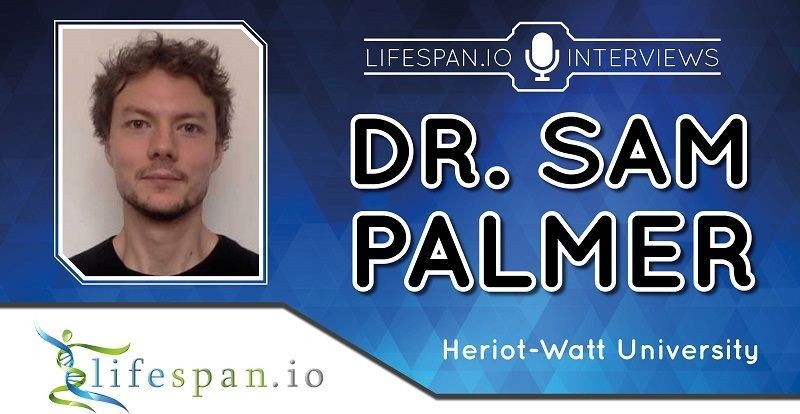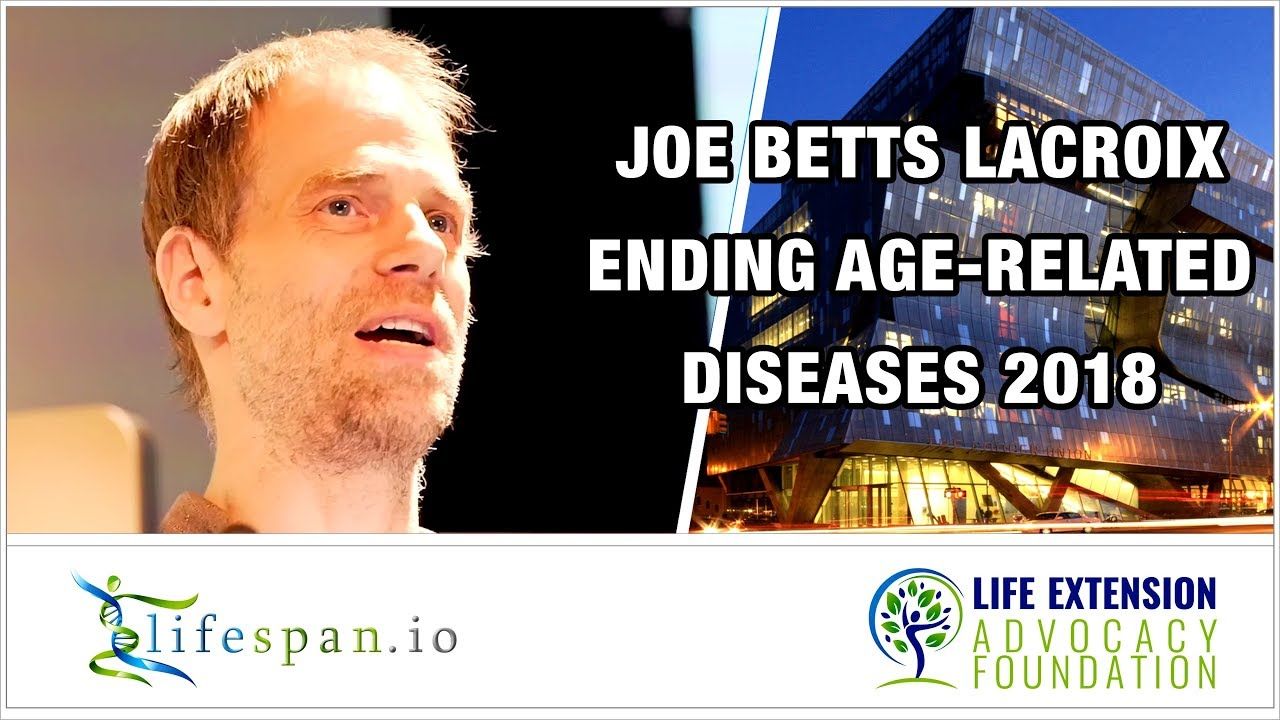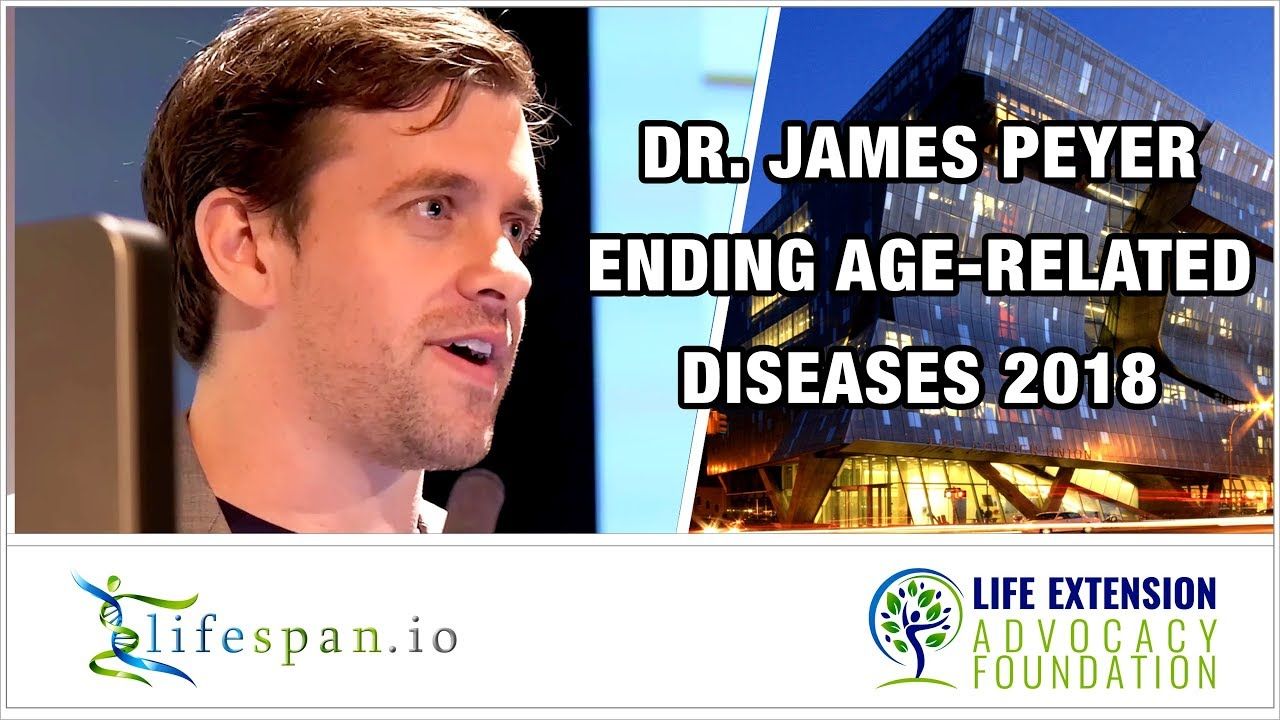A team of researchers led by Principal Investigator Dr. Jan Gruber from Yale-NUS College has discovered a combination of pharmaceutical drugs that not only increases healthy lifespan in the microscopic worm Caenorhabditis elegans (C. elegans), but also delays the rate of ageing in them, a finding that could someday mean longer, healthier lives for humans.
The study, published in the peer-reviewed international journal Developmental Cell on 8 October 2018, lays crucial groundwork for further research into designing drug combinations that produce the same effect in mammals.
“Many countries in the world, including Singapore, are facing problems related to ageing populations,” said Dr. Gruber, whose lab and research team made the discovery. “If we can find a way to extend healthy lifespan and delay ageing in people, we can counteract the detrimental effects of an ageing population, providing countries not only medical and economic benefits, but also a better quality of life for their people.”








